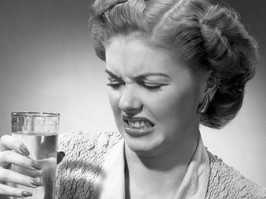the results suggest there is absolutely no harm in consuming eggs. the majority of people in the study ate one or fewer eggs per day, so one egg a day is safe and healthy.
“we looked at people from the rural area of india, from vancouver and stockholm and had good statistical evidence to determine the risk of a cardiovascular event. in all the data, we didn’t find any relation,” says dehghan of egg consumption and heart disease.
moderate egg intake doesn’t increase the risk of cardiovascular disease or mortality, even if people have a history of cardiovascular disease or diabetes. and the researchers found no association between egg consumption and blood cholesterol or other risk factors.
is two eggs a day a good habit to have?
although she can’t say for sure, given that her research only measured the impact of consuming one egg a day, she notes that it’s important to also consider what else you are eating, as well as as serving sizes. basically, don’t replace eggs with white bread, refined grains and processed foods, dehghan cautions.
her advice? “prepare your food at home and make it fun. use fresh foods, like fruits, legumes and eggs, that provide the nutrients and minerals that your body needs.”
 3 minute read
3 minute read









